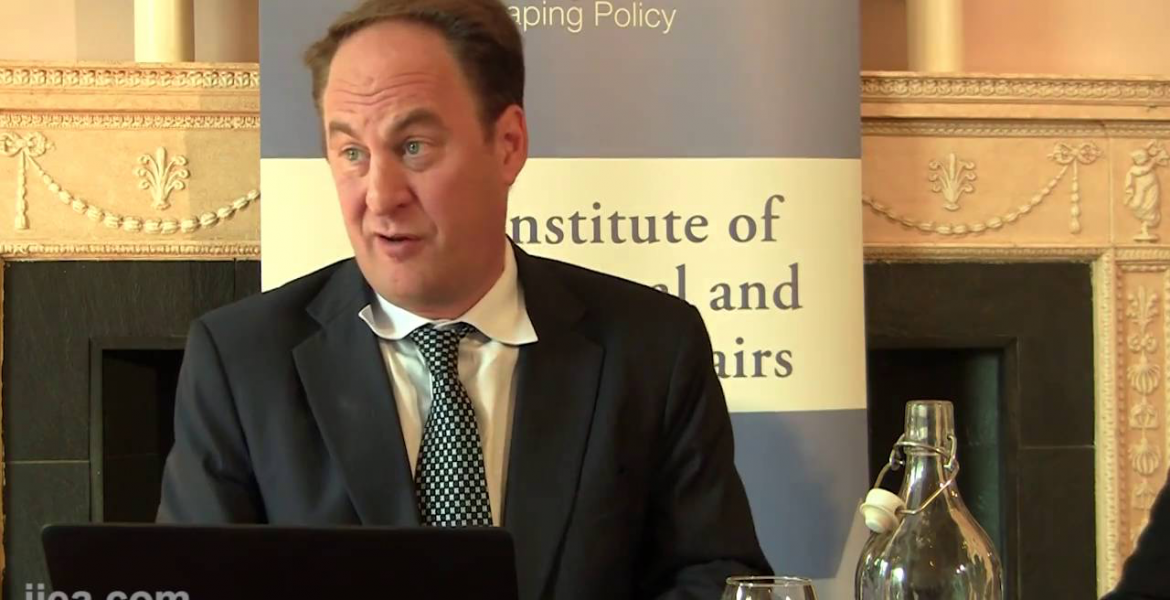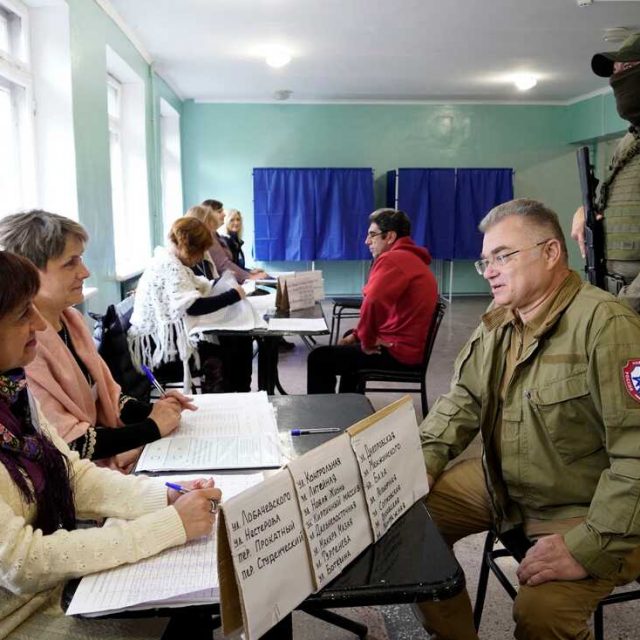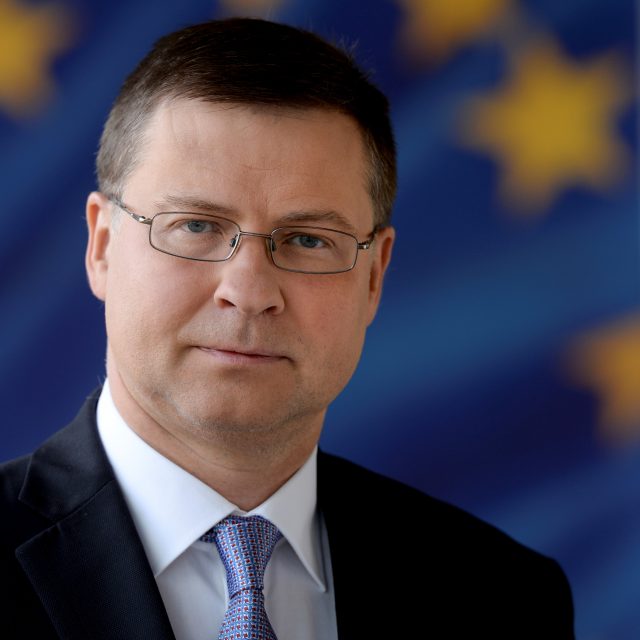Responding to Ursula von der Leyen’s address today, Jeremy Shapiro, research director at the pan-European think-tank, the European Council on Foreign Relations (ECFR), commented: “Last year, Ursula von der Leyen promised Europeans a geopolitical commission that would have a stronger and more unified voice in the world and that could protect European strategic sovereignty. It was a timely idea. Nearly one year on, with a global pandemic scrambling everything, a geopolitical Europe is still absent – and European strategic sovereignty is eroding daily”
“While all member states say they want a more geopolitical Europe, most of them mean that they want the EU to take their specific geopolitical problems more seriously”
“It is not too soon to set the institutional bases for success. The EU has all the tools necessary takes to make it happen. To realise that potential, [von der Leyen] needs to confront the fact that there are powerful interests in the member states and in Brussels that understand the idea of geopolitics very differently than she does.”
On von der Leyen’s proposal to introduce qualified majority voting on human rights and sanctions issues:
“It is an important headline step, but all it does is provide a manner to ignore recalcitrant states. In the long-term, overriding member states on issues that matter to them will not promote solidarity. The better course is to give all EU member states a sense that Europe is their first line of defence in an area they really care about – and give them a sense that they will lose something important if they weaken the EU in other areas which matter less to them.”
On Europe’s coronavirus recovery efforts:
“The process of building the recovery plan allows the EU to invest in building a more sovereign Europe on issues that citizens care about. Rather than allowing so much of the money to be spent invisibly through structural and cohesion funds, the EU should explicitly set itself the goal of investing in the infrastructure of a sovereign Europe.”
Recent polling by ECFR reveals that:
- 63% of Europeans want to see more European co-operation as a result of COVID-19 – with a majority also in favour of more coordinated EU responses to global threats and challenges. When asked whether the European response to the coronavirus crisis showed that there was a need for more European level cooperation or whether it showed that EU integration had gone too far, majorities in all countries opted for more cooperation. (91% in Portugal, 80% in Spain, 77% in Italy, and 68% in Poland). Even in less Europhile member states including France (52%), Sweden (51%) and Denmark (53%), more than half of the respondents chose the cooperation option; and just around 20% said the opposite.
- Support for action on climate change has grown during the coronavirus crisis. Over 40% in all member states polled, except in Denmark (22%), Sweden (31%) and France (37%), said their support for the implementation of climate commitments has increased during the covid crisis. Spanish (60%) and Portuguese (58%) voters are most likely to say their support for the implementation of such commitments has increased.




